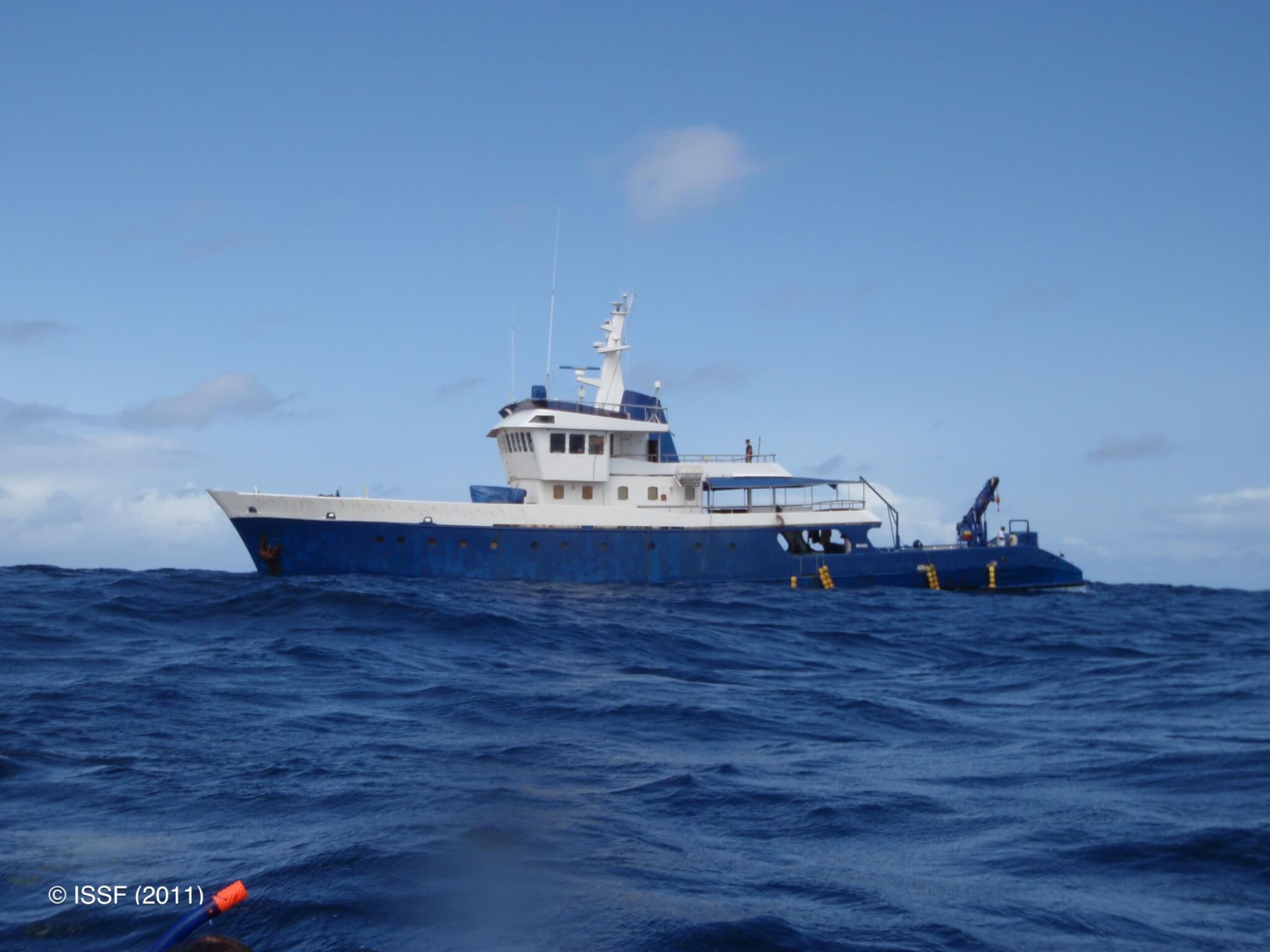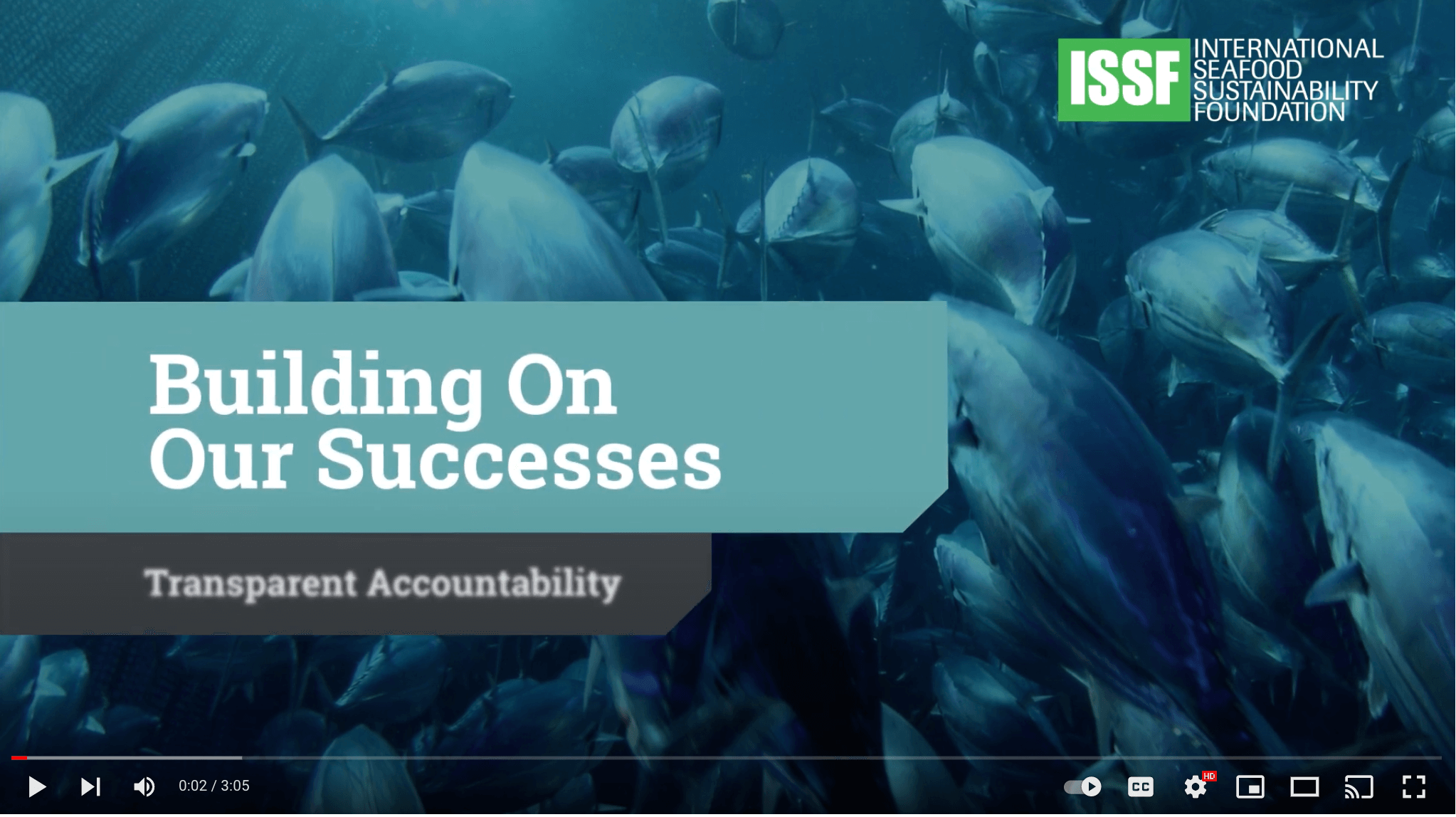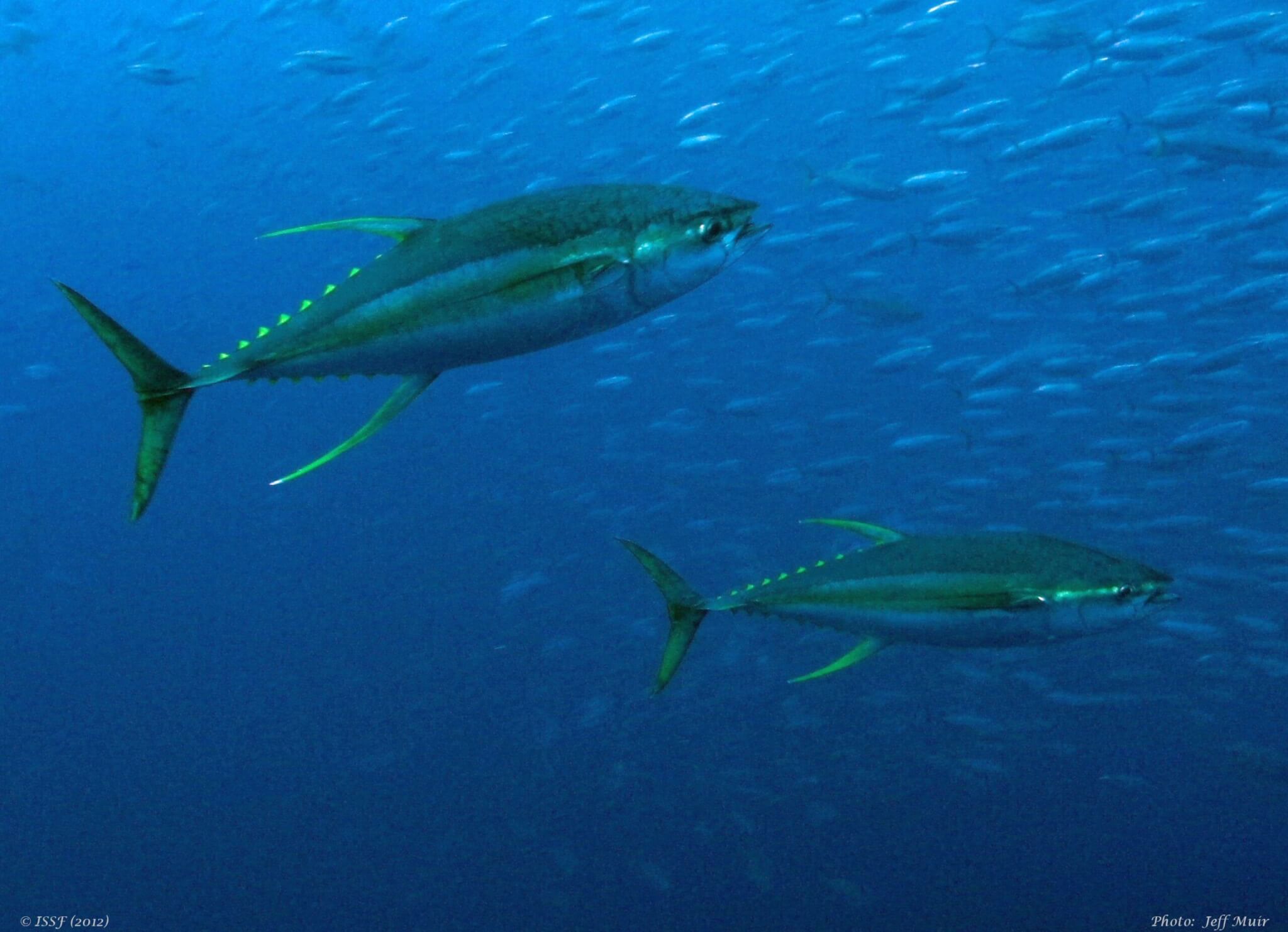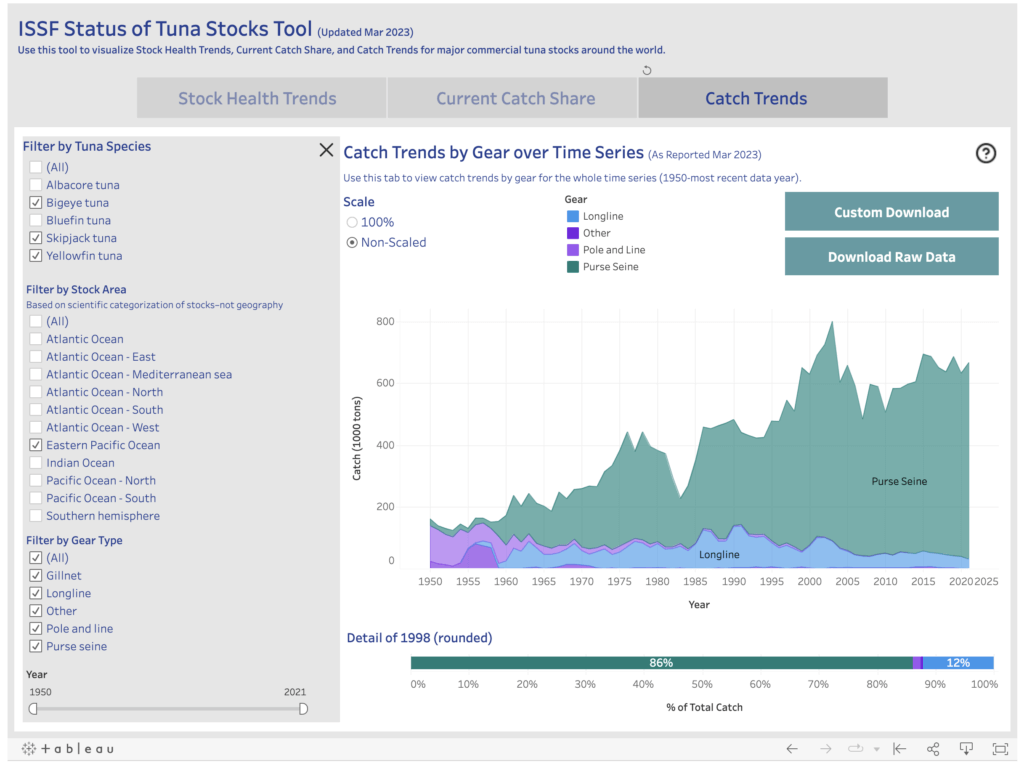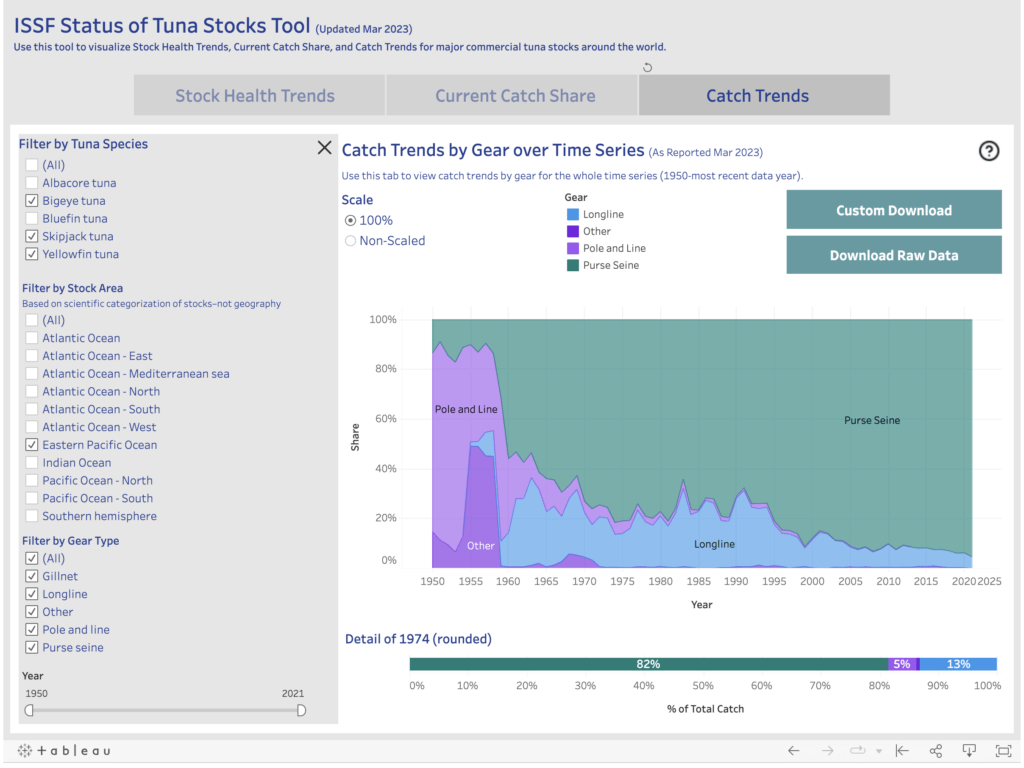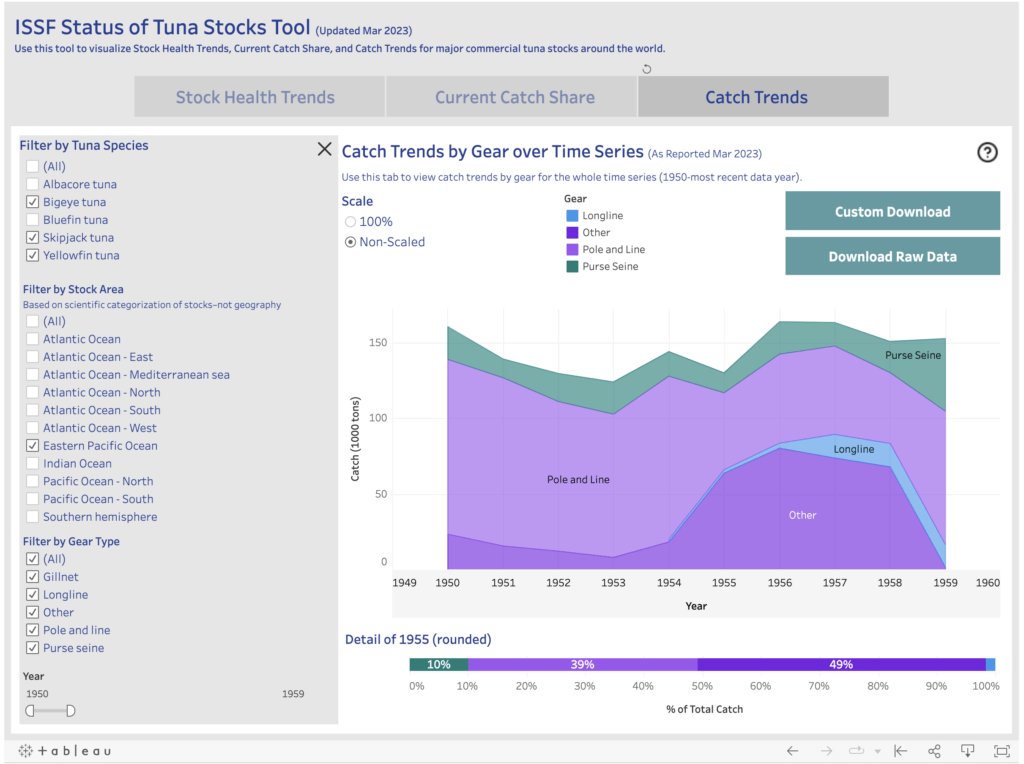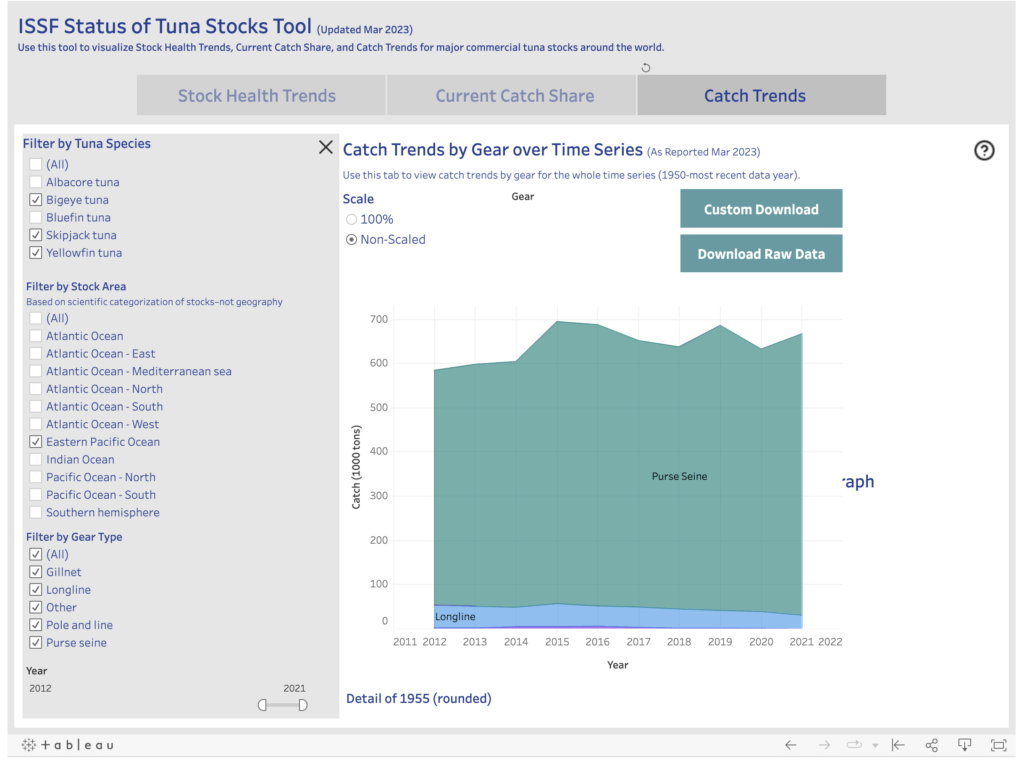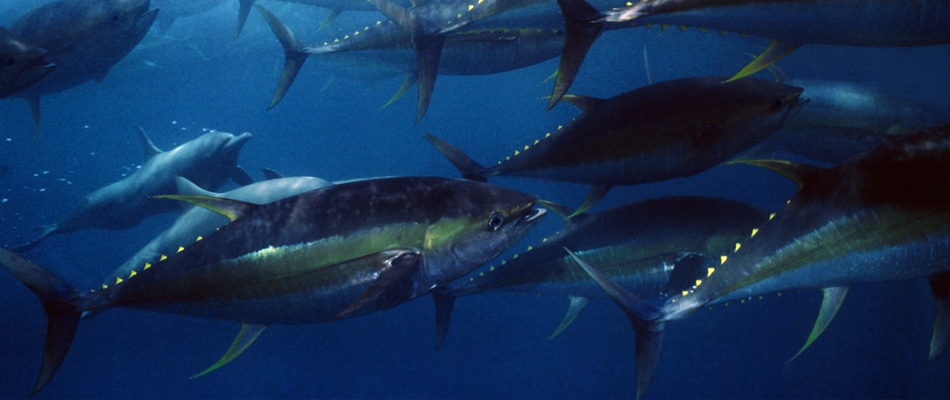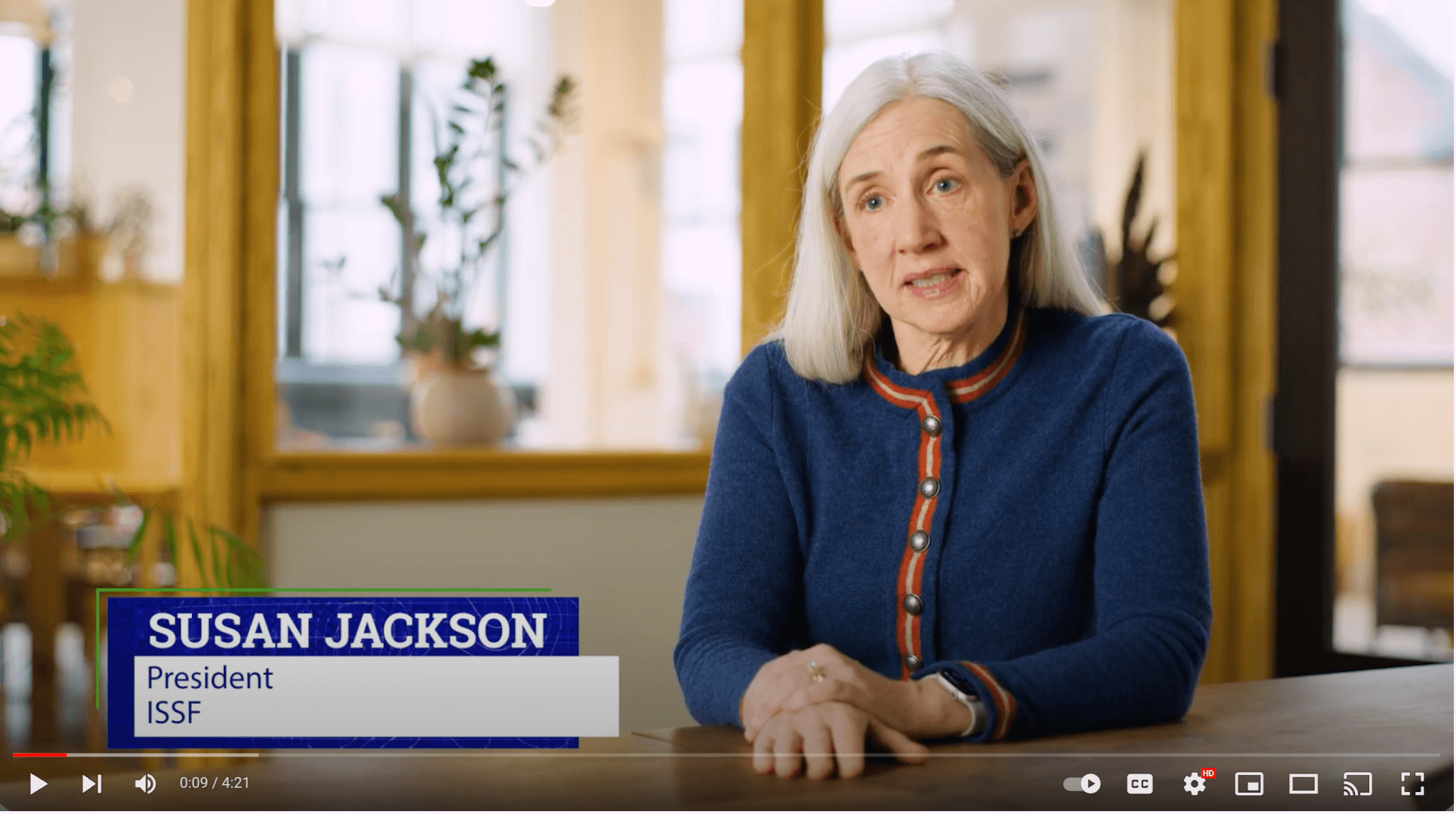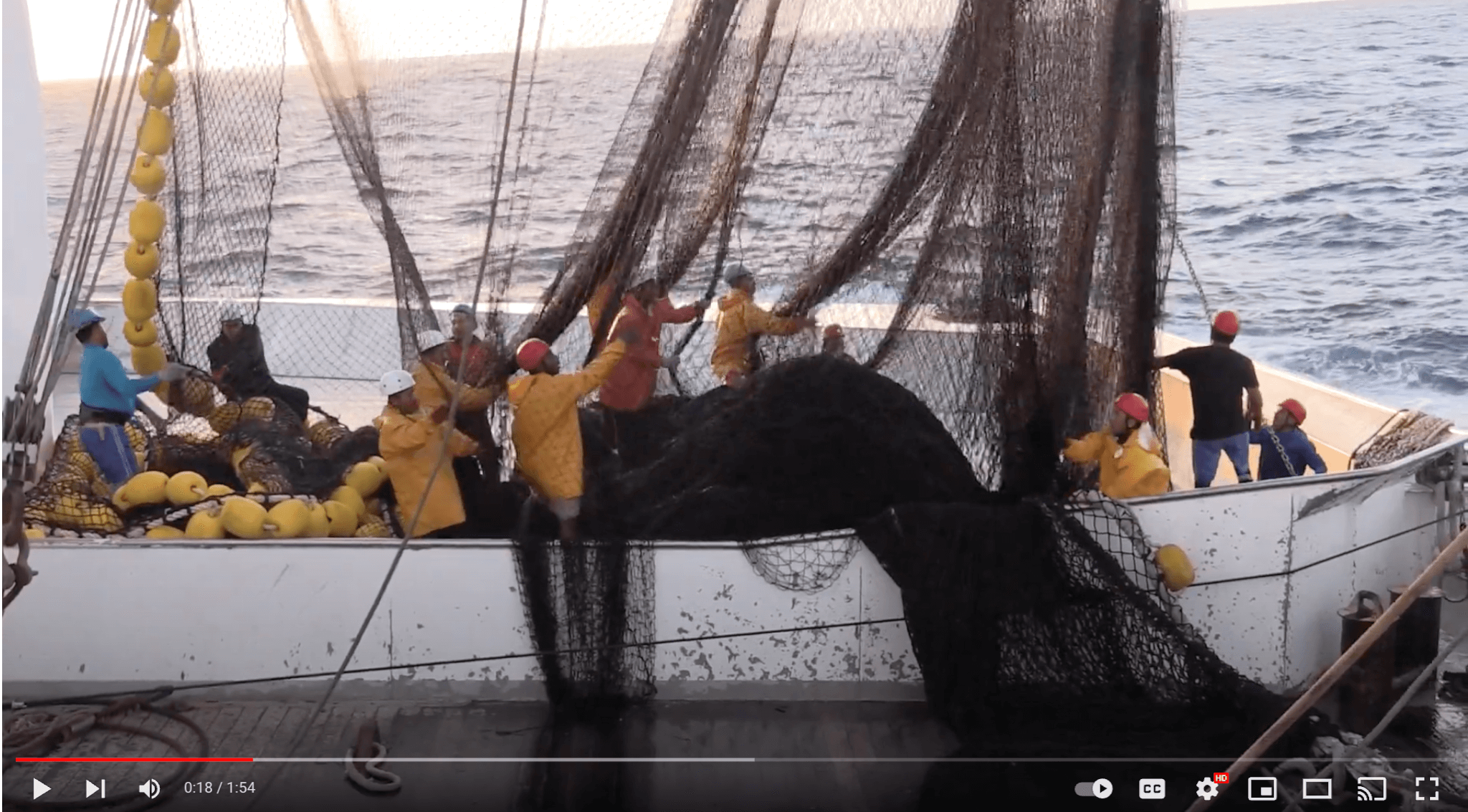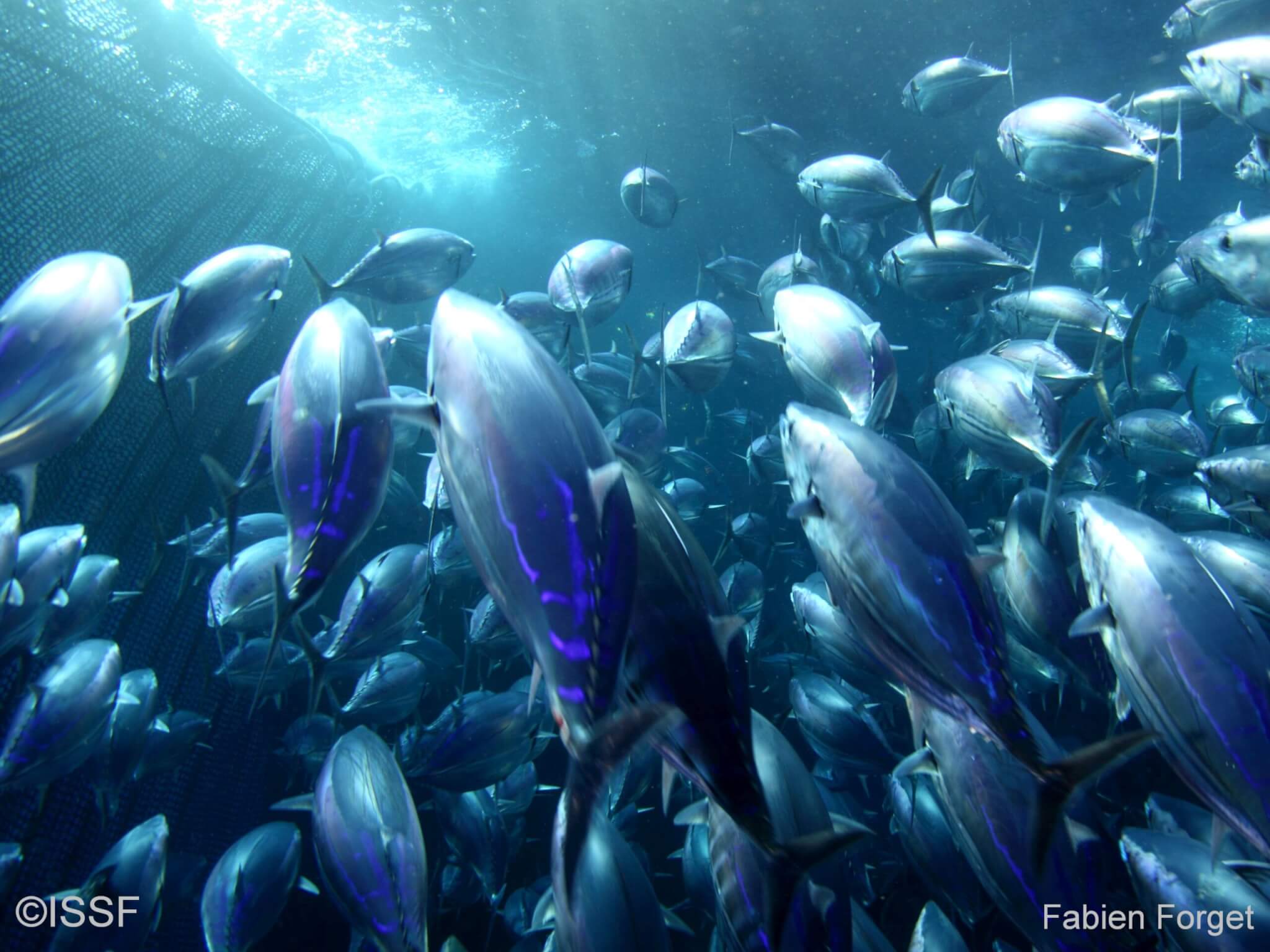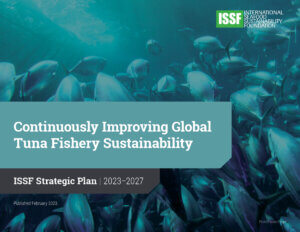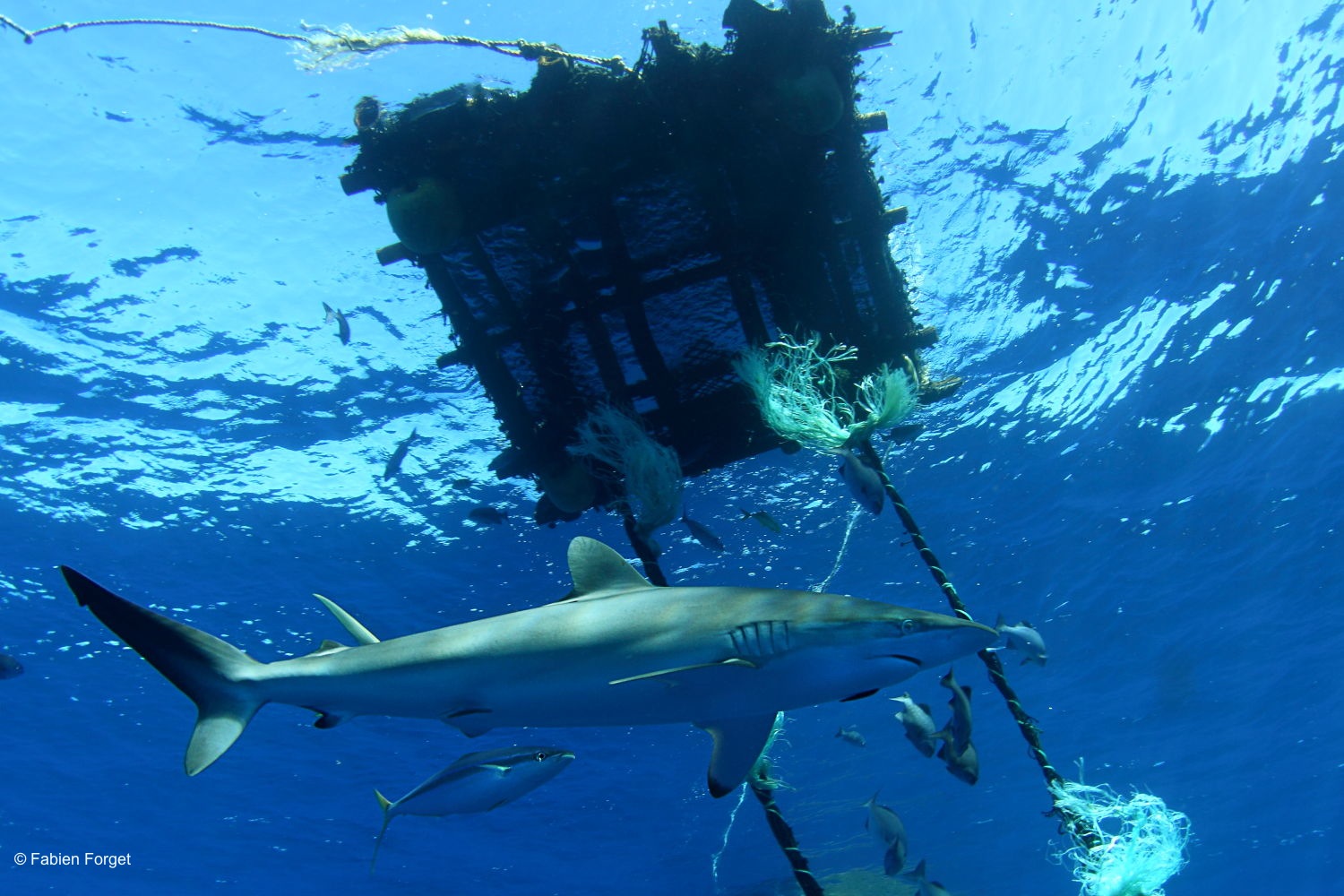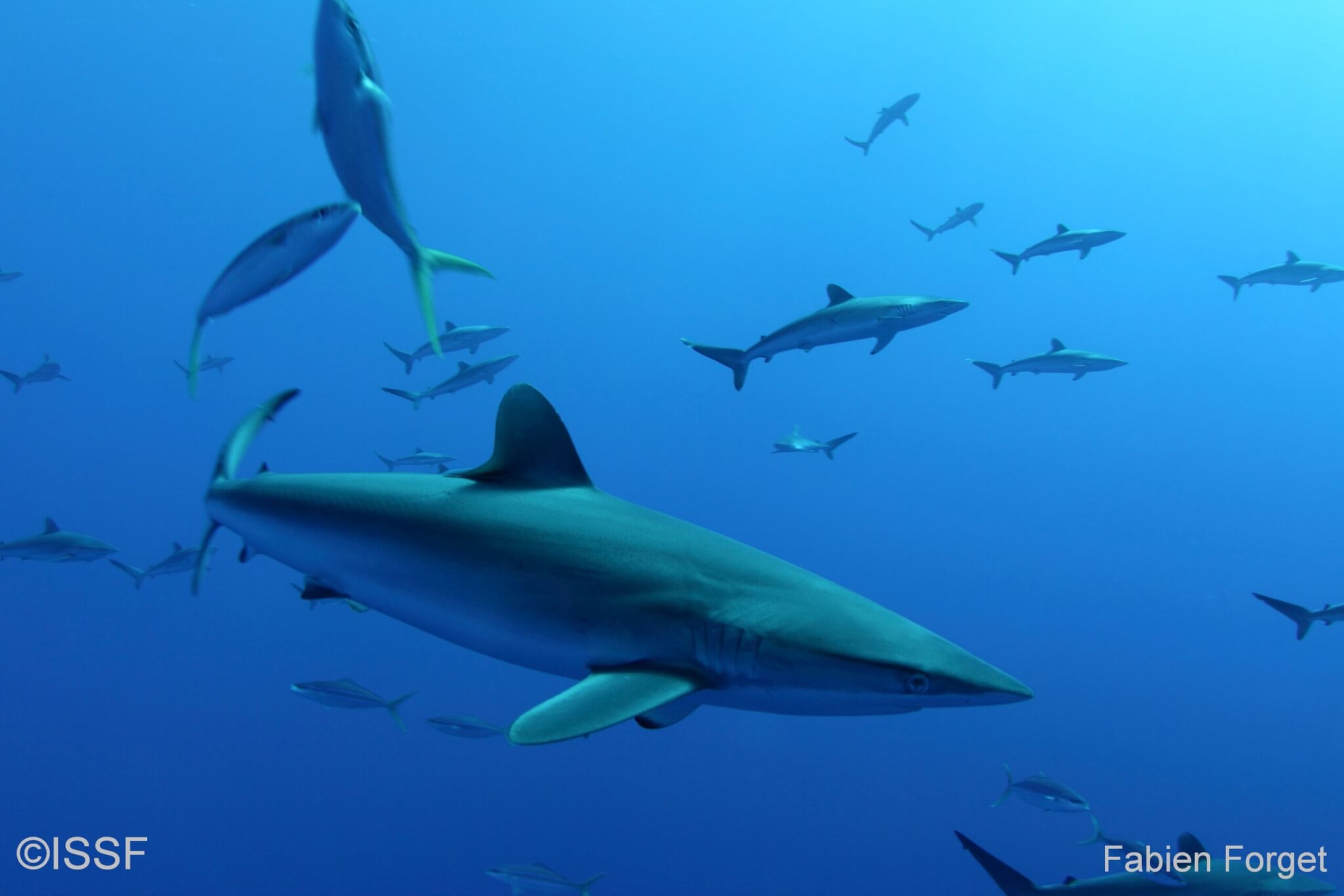ISSF Annual Conservation Measures & Commitments Compliance Report Shows 99.75% Conformance by Participating Companies with ISSF Conservation Measures
The International Seafood Sustainability Foundation (ISSF) has released its Annual Conservation Measures & Commitments Compliance Report, which shows a conformance rate of 99.75 percent in 2022 by 25 ISSF participating companies with all 33 ISSF conservation measures in effect.
The report highlights the progress made toward ensuring the sustainability of global tuna fisheries by industry participants, revealing that 23 of 25 companies were in full conformance with all ISSF conservation measures. Two companies had one minor non-conformance each on the same conservation measure, CM 2.3 Product Labeling by Species and Area of Capture.
Our new report shows that 23 of 25 ISSF participating seafood companies were in full conformance with all ISSF conservation measures for sustainable fishing in 2022. Share on X“In an era when sustainability pledges in the private sector are becoming increasingly commonplace, ISSF participating companies continue to stand out in their commitment to a rigorous, transparent audit and compliance process,” said ISSF President Susan Jackson. “We cannot take for granted the value of this consistent, public reporting on the business practices of the world’s leading tuna companies — even as we mark the ninth year of the ISSF approach.”
Details of the Report
The report tracks companies’ progress in the past year in conforming with 33 ISSF conservation measures (CM) such as these:
- Demonstrating the ability to trace products from can code or sales invoice to vessel and trip
- Submitting quarterly purchase data by vessel, trip dates, species, size and other data to RFMO scientific bodies
- Transactions only with those longline vessels whose owners have a policy requiring the implementation of best practices for bycatch mitigation of sharks and marine turtles
- Establishing and publishing policies to prohibit shark finning and avoiding transactions with vessels that carry out shark finning
- Conducting transactions only with purse seine vessels whose skippers have received science-based information from ISSF on best practices such as reducing bycatch
- Avoiding transactions with vessels that are on an RFMO Illegal, Unregulated and Unreported (IUU) Fishing list
One ISSF conservation measure was newly in effect for the 2022 audit period, and all 25 companies were in full conformance with it: CM 1.3 IOTC Yellowfin Tuna Rebuilding.
Reporting on Company Compliance Audits
As part of its commitment to foster transparency and accountability in the fishing industry, ISSF engages third-party auditor MRAG Americas to assess ISSF participating seafood companies’ compliance with ISSF conservation measures according to a detailed audit protocol.
In addition to this summary report, MRAG Americas issues individual company reports that detail each company’s compliance with ISSF’s conservation measures. ISSF publishes these individual reports on its website; company audit reports for 2022 were posted in March 2023.
The Annual Conservation Measures & Commitments Compliance Report will be updated in the fourth quarter of 2023 to reflect any improvements in compliance by ISSF participating companies. Improvements made before the publication of the update of this report will be noted in the individual company compliance reports available on the ISSF website.
